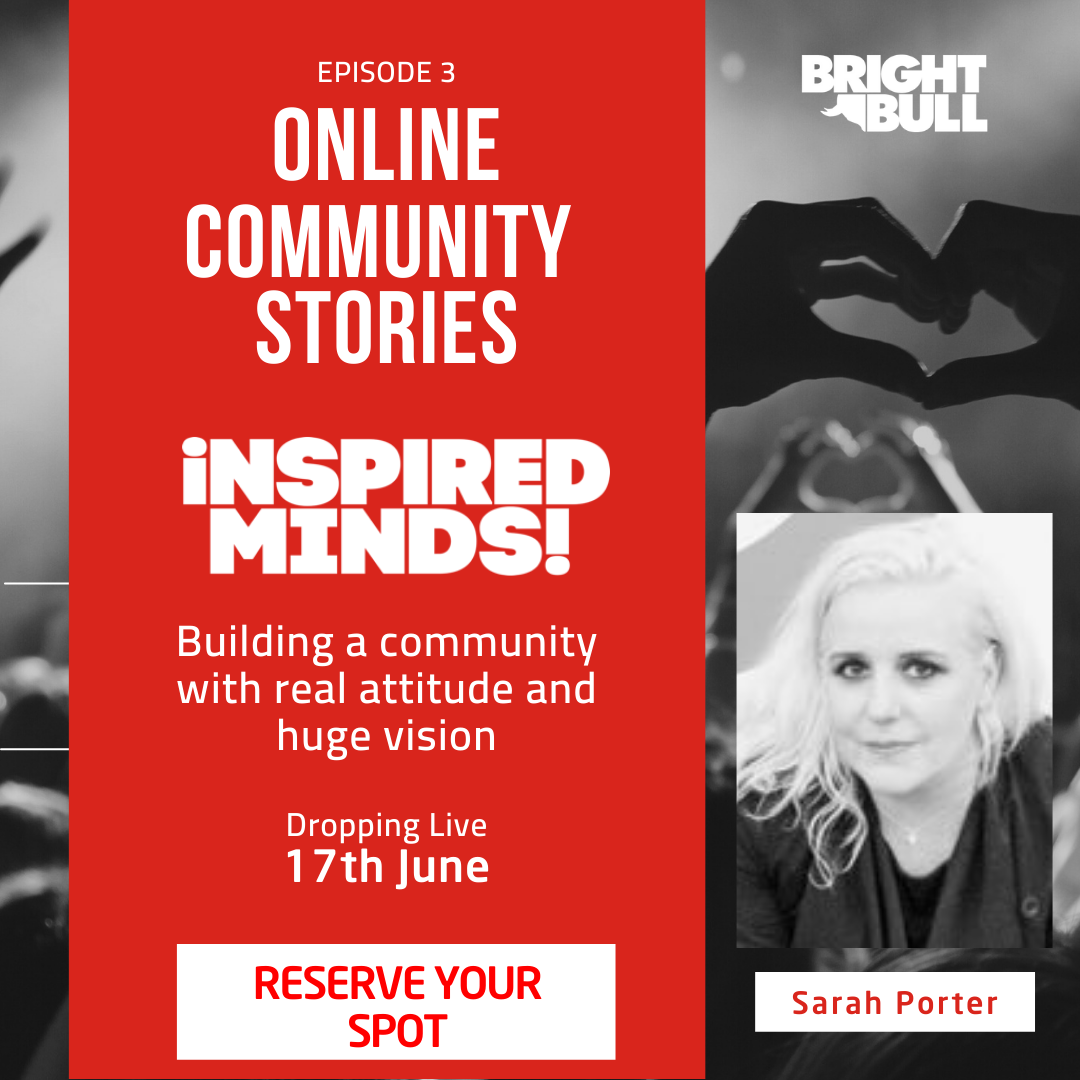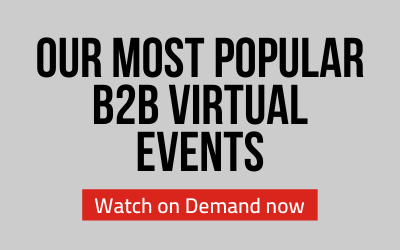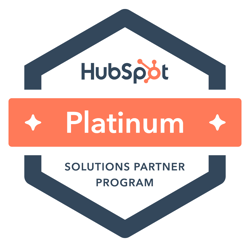 Most event companies we’ve engaged with have at least an understanding that something in the industry needs to change, even if they’re not sure quite what shape this change will take. They’re all scratching their heads as to how they can achieve greater levels of awareness for their events, drive delegate attendance, and increase ticket sales – and do so in a sustainable way.
Most event companies we’ve engaged with have at least an understanding that something in the industry needs to change, even if they’re not sure quite what shape this change will take. They’re all scratching their heads as to how they can achieve greater levels of awareness for their events, drive delegate attendance, and increase ticket sales – and do so in a sustainable way.
The beauty of the online community is that it checks all the boxes. It is the only clear solution. Any conference organisation that isn't thinking about developing a community, generating good engaging content, pulling rather than pushing and recognising that there needs to be a different approach, is missing a huge opportunity.
This is what we’ve found to be the present landscape in the industry:
Event organisations that are currently driving online communities
Most of these companies realised the need for online communities a while ago, and have been producing content of a high quality and in great volume. IQPC, Terrapinn and UBM are great examples of innovative and active event companies. These organisations are at different stages of their online community ventures and appear to be generating excellent results. They are demonstrating that marketing does in fact drive sales, and that many of the registrations converted by telesales teams are demonstrably impacted and nurtured through marketing.
As a result, marketing is driving and directing sales teams, or, marketing departments have their own sales teams solely focusing on inbound marketing leads, which frankly is brilliant news!
Event companies that are starting to develop some aspects of their community
These organisations have woken up to the fact that the industry is evolving and started their community journey by:
-
Leveraging their research and production departments and their live events to generate content that can be used to promote future events
-
Creating a role within the team specifically looking at social media/digital marketing/online communities/editorial content and posting regularly via these channels
-
Ensuring their emails are adding value through quality content and trialling different methods or engaging with their audience
-
Using one or two of their flagship events as trials for inbound and content marketing, and social media, combined with their traditional approach
-
Realising that selling a product should be a conversation and not a hard sell
-
Changing the company mentality by understanding that if a prospect doesn't register this year, there is potential to build the relationship for future events
In some cases, the structure of the organisations and their existing marketing systems do not lend themselves easily to the transition to becoming an online community, but they have started to adapt their approach, which is a positive step for themselves, their customers and the industry as a whole.
Event companies that are thinking about starting an online community
This is where many conference and events organisations are at the moment. They know they need to be doing something around inbound marketing, but are unsure of where or how to start and what to do next.
It can be a daunting place to sit, because these companies want to protect their existing revenues and by persist with their current approach (which has components that are still working to an extent).
However, the most important thing here is that they recognise things must change in order to grow the business and keep up with competitors. It's only through hearing success stories that they will take the next step and start driving inbound initiatives, and commit to a content strategy in order to drive their event sales.
Event companies that don't give a damn about building a community
Unfortunately there are many of these companies too. They are still running their event marketing the way that they did 10-15 years ago. These organisations’ solution to click through rates of 0.5% and open rates of 2%-3% (or less) is: "let's buy more data" and "send more emails!"
These are the same organisations that see marketing as a cost and crucially not as a revenue generating function.
So which category do you fall into?
Think now about which of these descriptions sounds most familiar. Before you can embark on your online community venture, you need to fknow where you stand. That way you can get an idea of the scale of the task ahead. This might mean accepting that you’ll face some opposition from your team members, or even your CEO or MD, if you’re at the very early stages - but don’t give up hope. Once you see how easy it can be to kick things off, you’ll realise that anyone can build a community – they just need to understand why they’re doing it, commit fully, set some SMART goals and TAKE ACTION!
This is the second chapter of the ebook ‘Realising ROI from your B2B Online Community’. Download your complimentary copy now.
Image source: Robert Voors






Do you have any comments?